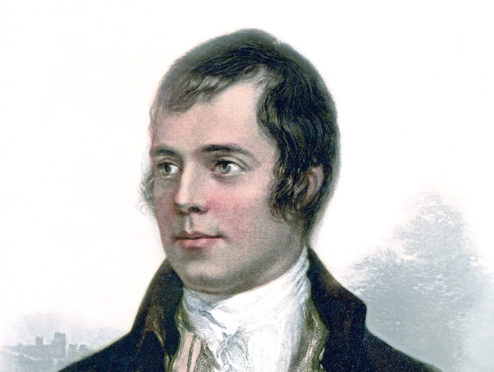By the end of this week, we as the United Kingdom of Great Britain and Northern Ireland will no longer be members of the European Union.
For some that will be a moment they are looking forward to.
For others it will be a moment of great sadness. For others again, it will be greeted with no more than a shrug of the shoulders.
There are consequences that have still to be fathomed and repercussions we have, as yet, no real idea of. But our course is set.
How we adjust to the very different circumstances we find ourselves in is what matters now.
The sad thing about the journey we have been on these past three and half years is the rise there has been in intolerance.
There are those who have seen this realignment of our nations’ political identity as an opportunity to create a society riven with division.
It is as though leaving the European Union has given a small number of people the excuse they have been looking for to blame others for the failings in our system.
“They” have taken our jobs, abused our health service, fed off our benefits system.
“They” have taken power away from us, cost us too much, made too many demands.
These accusations may not have any real foundation but in a time of uncertainty such as we face right now they offer, to some, a way of coping with the powerlessness they feel. But we need to recognise that what that blame mentality does is lead to a “them” and an “us”.
Looking to lay blame is what leads to people from other countries being told to “go home”. It’s what leads to people of other faiths facing verbal and sometimes physical abuse because of the way they practise their faith. It leads to hate. And there ought to be no room for hate in any 21st Century society. Especially not in Scotland.
We have just celebrated Burns Day, when we acknowledge the life and the works of a far-from-perfect human being, whose contribution to the life of our nation has been to burst the bubble of pomposity (in the church, it’s true, every bit as much as in politics) and to remind us of the importance of treating each other with respect.
Burns encourages us to be gentle with each other, to “gently scan our brother man, still gentler sister woman”.
He also reminds us that no matter where a person sits on the economic spectrum, rich or poor, well thought of or looked down on, incomer or local, a man’s a man for a’ that.
Then let us pray that come it may,
As come it will for a’ that,
That Sense and Worth, o’er a’ the earth
Shall bear the gree an’ a’ that.
For a’ that, an’ a’ that,
It’s comin yet for a’ that,
That Man to Man the world o’er
Shall brithers be for a’ that.
For us in this new world we face, we need to find a way of being who we are without feeling the need to batten down the hatches and pull up the drawbridge.
When any of us travels elsewhere, we expect to be welcomed. There are places in the world that right now are dangerous places to be, but we would choose destinations we think are safe – which is what others do when they come here.
Whether they come with a lot or very little, they come because they feel it is a safe place to be. When our youngsters go off to work abroad, to gain experience, we expect them to be treated as fairly as the others in the country they find themselves.
That is what other people of all ages who come here to the UK want too.
If our youngsters, or those who choose to retire abroad, should get into any sort of difficulty, we would expect them to find the help they need where they are.
The same is true of those who have become a part of our communities in Scotland.
History tells us of the number of Scots, over the centuries, who have been welcomed into every part of the world to begin new lives, some taking great wealth with them, but many more with nothing more than the clothes they stood up in.
Many contributed greatly to their adopted homes, as do many who have adopted the UK as home.
It has to be said, there is a geographical reality in the midst of all the politics. That reality is this – the deadline drawing near is not going to change the fact that, geographically, we remain Europeans.
All of that makes me think that what seems to me to be the crucial question for us as January 31 draws near is: how are we going to define ourselves now? Are we going to define ourselves by who we are not, or by who we are?
And who are we? People who are a tiny part of the whole world o’er? Or Holy Willies? We have the choice.
The Very Rev Susan Brown is minister of Dornoch Cathedral and the former moderator of the General Assembly of the Church of Scotland
